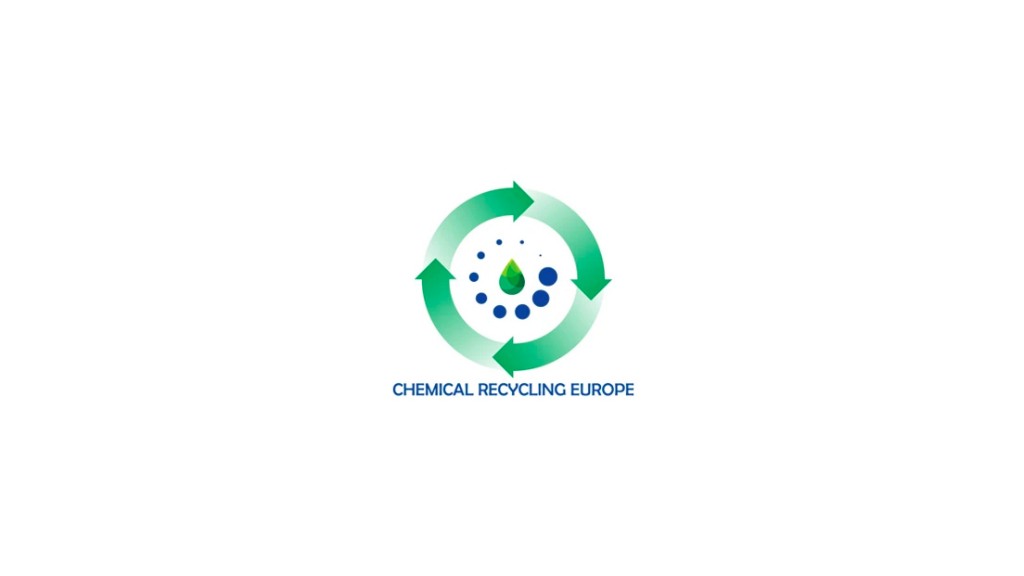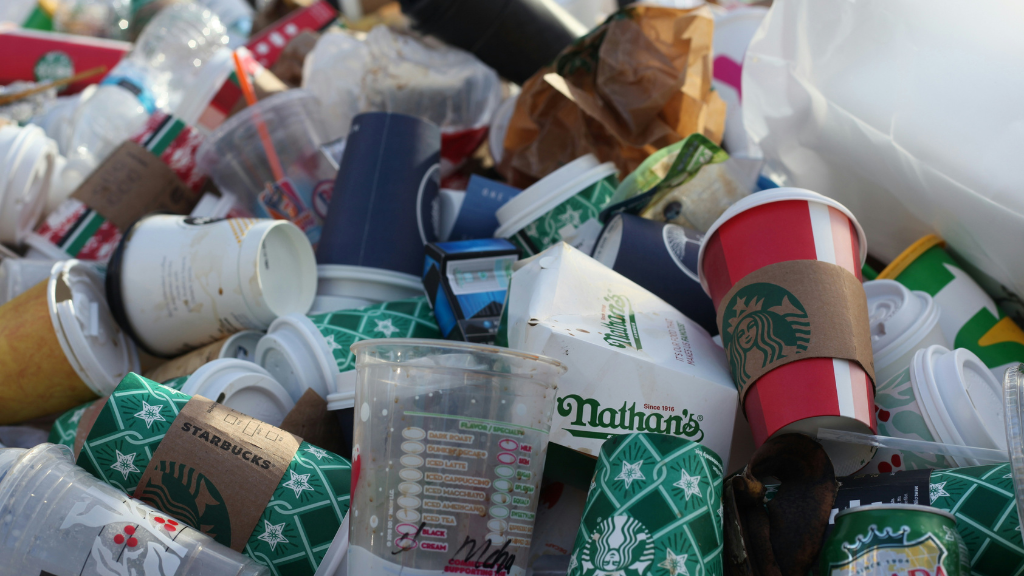Chemical Recycling Europe calls for constructive collaboration to increase recycling
Chemical recycling complements other processes and can contribute to reducing plastic waste

In December 2019, FEAD the representative body of the private waste management and resource industry published the results of its analysis of chemical recycling. Chemical Recycling Europe supports constructive dialogues with regard to chemical recycling and would like to clarify some observations issued in the FEAD's analysis:
1. Chemical Recycling Europe emphasizes that chemical recycling complements other recycling processes and it's one of the solutions to tackle the plastic waste issue. When mechanical recycling is unable to treat the polymer waste (or not in an economically viable manner), chemical recycling provides a unique opportunity to recycle those difficult-to-recycle waste streams and convert them to high-quality secondary raw materials. Unlike mechanical recycling, chemical recycling provides different technologies for the recycling of different polymer types which makes it necessary to build a common understanding of the chemical recycling concept - including its definition - across the plastic value chain. ChemRecEurope supports any initiative to reach this common understanding.
2. ChemRecEurope welcomes the FEAD's conclusion on the definition of recycling in the Waste Framework Directive which confirms that the current technology neutral definition appropriately addresses "chemical recycling". In line with the definition, use of the output as fuels automatically falls under the energy recovery level in the waste hierarchy.
3. As an industry, we are committed to provide, as soon as the development of the industry enables us, an independent Life Cycle Assessment (LCA) to ensure that chemical recycling creates a value for the environment. We would however like to highlight two main points:
- CO2 footprint is not enough to assess the full impact of chemical recycling. We would therefore run a more holistic LCA looking at a broader range of indicators, as well as understanding the quality and value of the recyclate produced (by mechanical and chemical recycling).
- The comparison with mechanical recycling is often complicated given that it is a different feedstock in and a different (higher-quality) product out, generally used for food-grade or other than plastic production applications. Chemical recycling is tackling issues such as contamination, removal of chemical and mineral additives, colours, multilayered (ML) or mixed plastics that mechanical recycling cannot address without additional cleaning/washing steps and a thorough separation by polymer types which is often not possible or too costly. Their LCA are therefore not directly comparable as they address different problem waste streams (input) and different demands (output), that are very much complementary.
4. We regret the use of unjustified statements regarding the impact of chemical recycling and its feasibility at industrial scale. Regarding economic feasibility of chemical recycling, many large industrial plants have been announced and are in the pipeline in Europe with global partners, which would not have associated their names nor put chemical recycling as key to their strategic direction if they did not believe in the feasibility at industrial scale.
5. Protecting consumer health and the environment is one of our key strategic goals. To ensure this, we believe that secondary raw materials leaving the recycling plant should be in compliance with the relevant legal provisions such as REACH or waste legislations. It is worth mentioning that chemical recycling is more tolerant towards contaminants and thus can treat low quality feedstocks and produce high-quality secondary raw materials to be used even at food contact applications. However, there is lack of alignment between waste and product legislations that needs to be clarified.
The growing demand for chemical recycling output from the global brands and the chemical industry in order to reach the ambitious recycling targets for plastics set by the EU, will require a strong collaboration with the whole plastic value chain to make it a reality. The waste management sector has a key role to play in this chain and we therefore call for a constructive collaboration to enable the development of new solutions, such as chemical recycling, to reach these goals.


